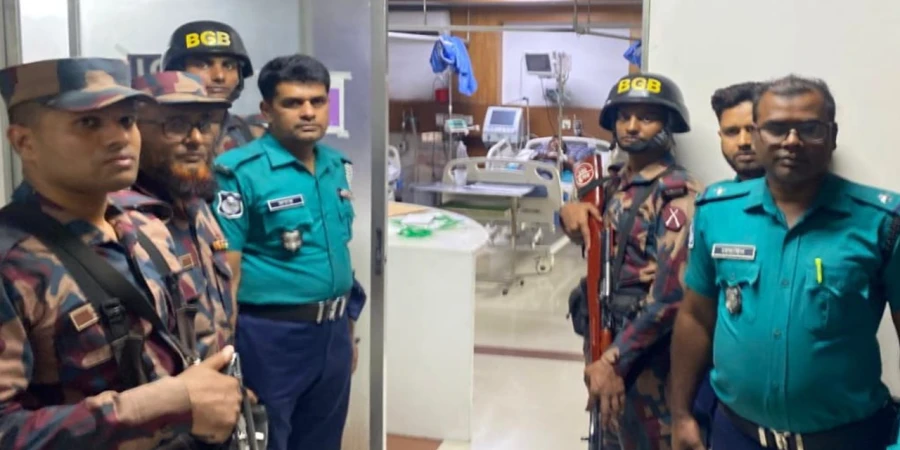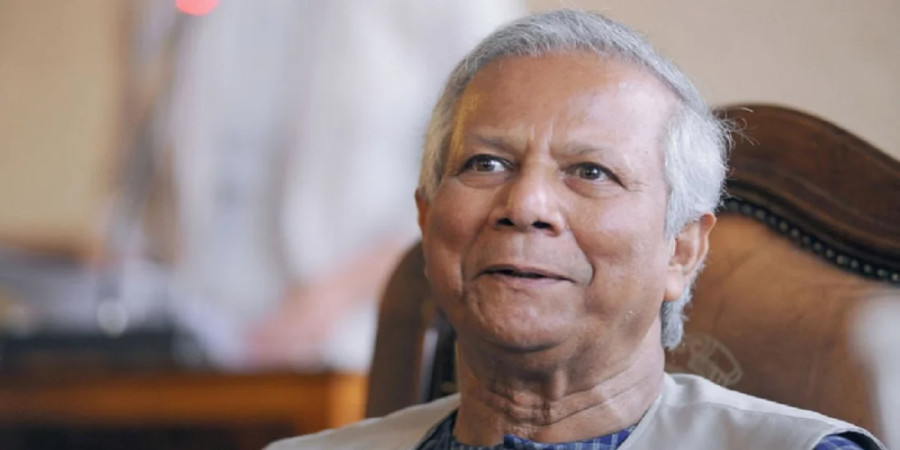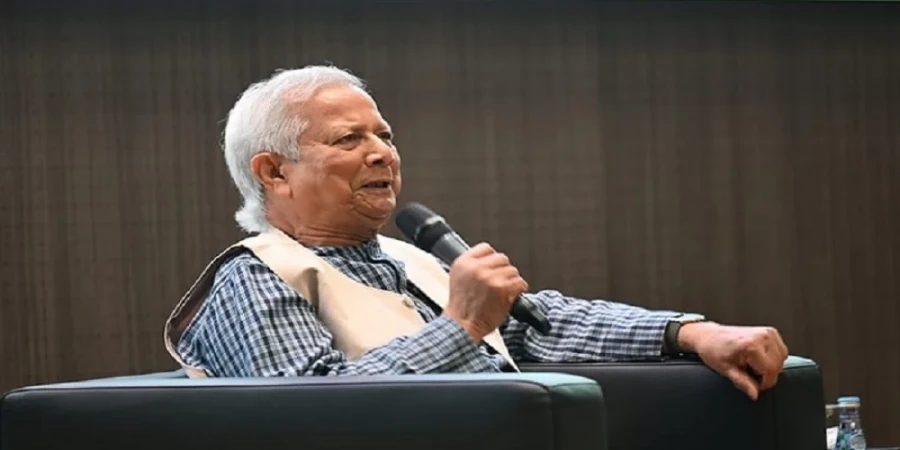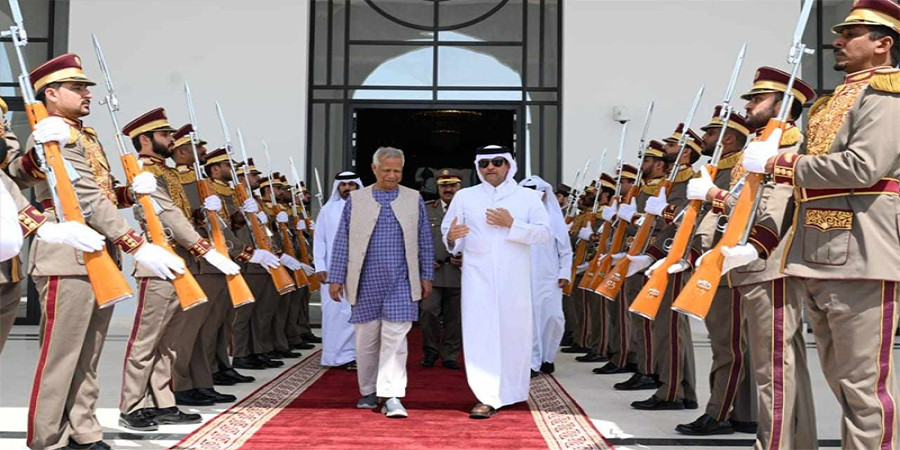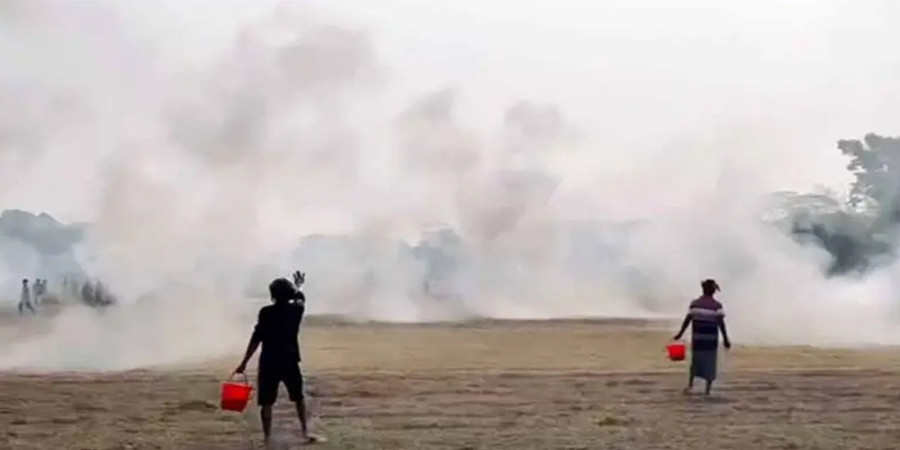
ছবি: Photo: Collected
At least 11 districts in Bangladesh have witnessed violent clashes over the past week, reflecting a disturbing surge in local-level conflicts involving crude weapons and explosive devices. These incidents, taking place in both urban and rural areas, are raising critical concerns about public safety and law enforcement capability ahead of the national election period.
According to law enforcement officials, the majority of these incidents stem from power struggles and dominance battles between rival local factions. Police claim that although clashes have occurred, the situation remains under control and such incidents have been seen in the past. However, crime experts and human rights organizations present a more alarming interpretation, pointing to a broader breakdown in law and order that has accelerated following the political transition in August last year.
A particularly striking example of the intensity of these clashes was captured in a 15-second video that went viral on social media. It shows two opposing groups facing off in an open field in a village in Jajira upazila of Shariatpur district. Many individuals can be seen wearing helmets and holding buckets filled with crude bombs. Explosions, accompanied by thick plumes of smoke, are seen erupting from the field. Police later confirmed that the incident occurred in the Kazirchar area of Bilaspur Union, where over a hundred crude bombs were detonated during clashes between supporters of the current Union Chairman and a rival chairman candidate backed by the local unit of the ruling party's volunteer wing.
Similar incidents were reported on the same day in Munshiganj, Madaripur, and Rangpur. In Munshiganj's Gozaria upazila, a violent altercation between two groups in Hosendi Union left at least 15 people, including women, injured. In Madaripur, a Union Parishad member was seriously wounded by a rival group's sharp weapon attack. Meanwhile, in Rangpur’s Badarganj upazila, internal conflict between two factions of the BNP led to the death of one person and injuries to at least 20 others.
The list of violence continued with a brutal clash in Kalkini upazila of Madaripur on April 4, where rival groups vandalized property and severed a man's wrist during a fight over territorial dominance. A day earlier, on April 3, at least 10 people were injured during a clash in Faridpur’s Saltha upazila between rival supporters of the Awami League and BNP. That same day, BNP factions in Narayanganj’s Araihazar upazila engaged in violent confrontations resulting in damage and injuries.
In Bhola's Charfassion, at least 20 people were injured in repeated clashes between two powerful local groups. In Habiganj’s Ajmiriganj, a Facebook post by a youth political leader triggered violence that injured at least 10 people. On April 1 in Sylhet, a confrontation between BNP and its youth wing caused injuries to 15 people. On the same day in Laxmipur’s Bashikpur area, a child was caught in crossfire during a shootout between rival influential groups.
Faridpur's Bhanga upazila saw day-long conflict injuring 45 individuals due to a longstanding rivalry. Just a day before, March 31, Gazipur’s Tongi area was rocked by a violent outburst over territorial control, injuring 10.
According to data from Ain o Salish Kendra (ASK), these events represent a growing trend of violence stemming from the quest for local dominance and control over extortion networks. The organization notes that such conflicts are no longer isolated but are becoming increasingly frequent and widespread.
While police authorities maintain that the overall situation is under control, Inspector General of Police Baharul Alam stated that power struggles have always existed in some form. He acknowledged that a political transition inevitably brings some instability but argued that expecting complete eradication of crime is unrealistic. As the elections approach, he warned that such tensions may rise and law enforcement is preparing accordingly.
However, criminal justice experts present a deeper concern. According to ABM Nazmus Saquib, societal instability often follows sudden political changes. In past transitions, power changed hands through elections, allowing for some level of preparation and adjustment. But this time, the sudden change has created chaos, with many factions acting as if they are entitled to exert control, disregarding opposing views. He believes this lack of adaptability is fueling social disorder.
Saquib further stated that the absence of a clear political roadmap has made political factions more reckless in asserting dominance. Without a defined structure, there is little deterrence against unlawful behavior, and the consequences of this are being seen across the country.
Shaharia Afrin, a criminologist at the University of Dhaka, echoed this sentiment, noting that as elections draw nearer, the frequency of such political confrontations is likely to rise. She observed that in the absence of a democratic government, various groups are seizing the opportunity to act without accountability. According to her, a power vacuum has emboldened previously marginalized or restrained groups to become aggressive, while the police and judiciary have lost their effectiveness. This erosion of institutional control has led to growing lawlessness.
Afrin also pointed out the loss of tolerance in society, stating that social cohesion has fractured. Where once people would rely on norms and collective responsibility, individuals are now driven more by self-interest and vengeance. She warns that without political stability, these tensions will not subside and may even escalate in the coming months.
Another critical issue is the morale of the police force. According to Saquib, the police have experienced significant internal disruptions, including large-scale transfers, which have broken their operational networks. These disruptions, combined with low morale, have compromised their ability to manage local conflicts effectively. While the army has been deployed in certain areas, Saquib emphasized that they lack the nuanced experience in civilian law enforcement, and thus restoring police capacity must be a priority.
Experts agree that if current trends are not addressed immediately, the scale and intensity of political violence could become significantly worse in the run-up to the elections. The combination of political instability, social fragmentation, and a weakened security apparatus has created a volatile environment. Without swift and strategic intervention, these conditions may lead to a broader national crisis.
repoter



